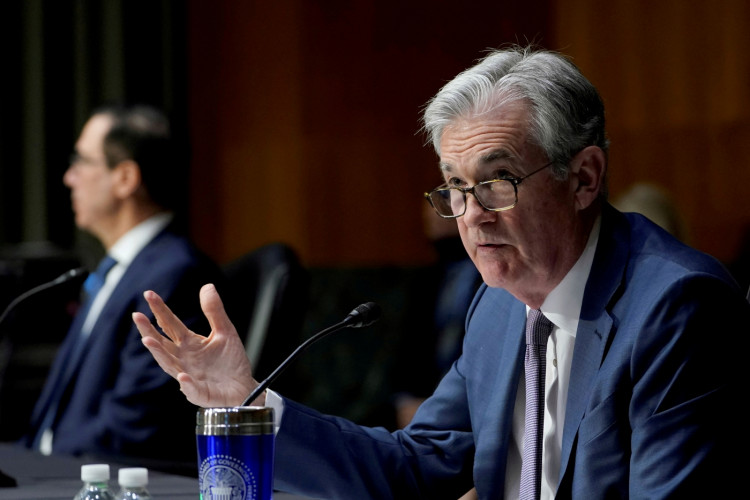Federal Reserve Chairman Jerome Powell said on Wednesday that while interest rate cuts are likely to be appropriate at some point this year, the timing of such moves remains uncertain as policymakers await more evidence that inflation is easing. Speaking at Stanford University, Powell emphasized the need for patience in evaluating the current state of the economy, citing stronger-than-expected price pressures and a robust labor market.
"The recent data do not, however, materially change the overall picture, which continues to be one of solid growth, a strong but rebalancing labor market, and inflation moving down toward 2 percent on a sometimes bumpy path," Powell said. He added that the Fed does not expect to lower its policy rate until there is "greater confidence" that inflation is moving sustainably toward the central bank's 2 percent target.
Powell's remarks come two weeks after the rate-setting Federal Open Market Committee (FOMC) voted to hold benchmark short-term borrowing rates steady. The committee's post-meeting statement on March 20 included the "greater confidence" qualifier needed before cutting rates, suggesting that the Fed is in no rush to ease monetary policy.
Markets widely expect the FOMC to start cutting rates this year, but the timing and extent of such moves have become more uncertain as inflation has held stubbornly higher. The Fed's preferred inflation measure, the personal consumption expenditures price index, showed a 12-month rate of 2.5% for February, or 2.8% for the pivotal core measure that excludes food and energy. Virtually all other inflation gauges show rates in excess of 3%.
Other Fed officials speaking this week have made remarks consistent with the Fed's patient approach. Atlanta Fed President Raphael Bostic told CNBC on Wednesday that he thinks just one cut might be in the offing as prices of some important items have turned higher. San Francisco Fed President Mary Daly said three cuts is a "reasonable baseline" but noted there are no guarantees, while Cleveland's Loretta Mester also said cuts are likely later this year while adding that rates over the longer term may be higher than anticipated. All three are FOMC voters.
Powell reiterated that decisions are being made "meeting by meeting" and noted only that cuts are "likely to be appropriate ... at some point this year." The uncertainty about rates has caused some consternation in markets, with stocks falling sharply earlier this week as Treasury yields moved higher. The market stabilized Wednesday, but traders in the fed funds futures market again repriced their rate expectations, casting some doubt on a June cut.
Along with his comments on rates, Powell spent some time discussing Fed independence, particularly in light of the upcoming presidential election campaign. He emphasized that the central bank's analysis is "free from any personal or political bias" and that decisions will always reflect a "painstaking assessment of what is best for our economy in the medium and longer term - and nothing else."
Powell also addressed concerns about "mission creep," specifically as it relates to demands for the Fed to get involved in climate change issues and the preparations financial institutions take for related events. "We are not, nor do we seek to be, climate policymakers," he said.
Former President Donald Trump has called Powell "political" for considering rate cuts that Trump has said could benefit President Joe Biden and other Democrats. Powell, who was first nominated to be Fed chair by Trump, said that if he is elected president, he will replace Powell when the Fed chair's term ends in 2026.
Despite the political pressures, Powell emphasized that Congress intended the Fed to be fully independent of politics, with officials serving long terms that don't coincide with elections. "This independence," he said, "both enables and requires us to make our monetary policy decisions without consideration of short-term political matters."






